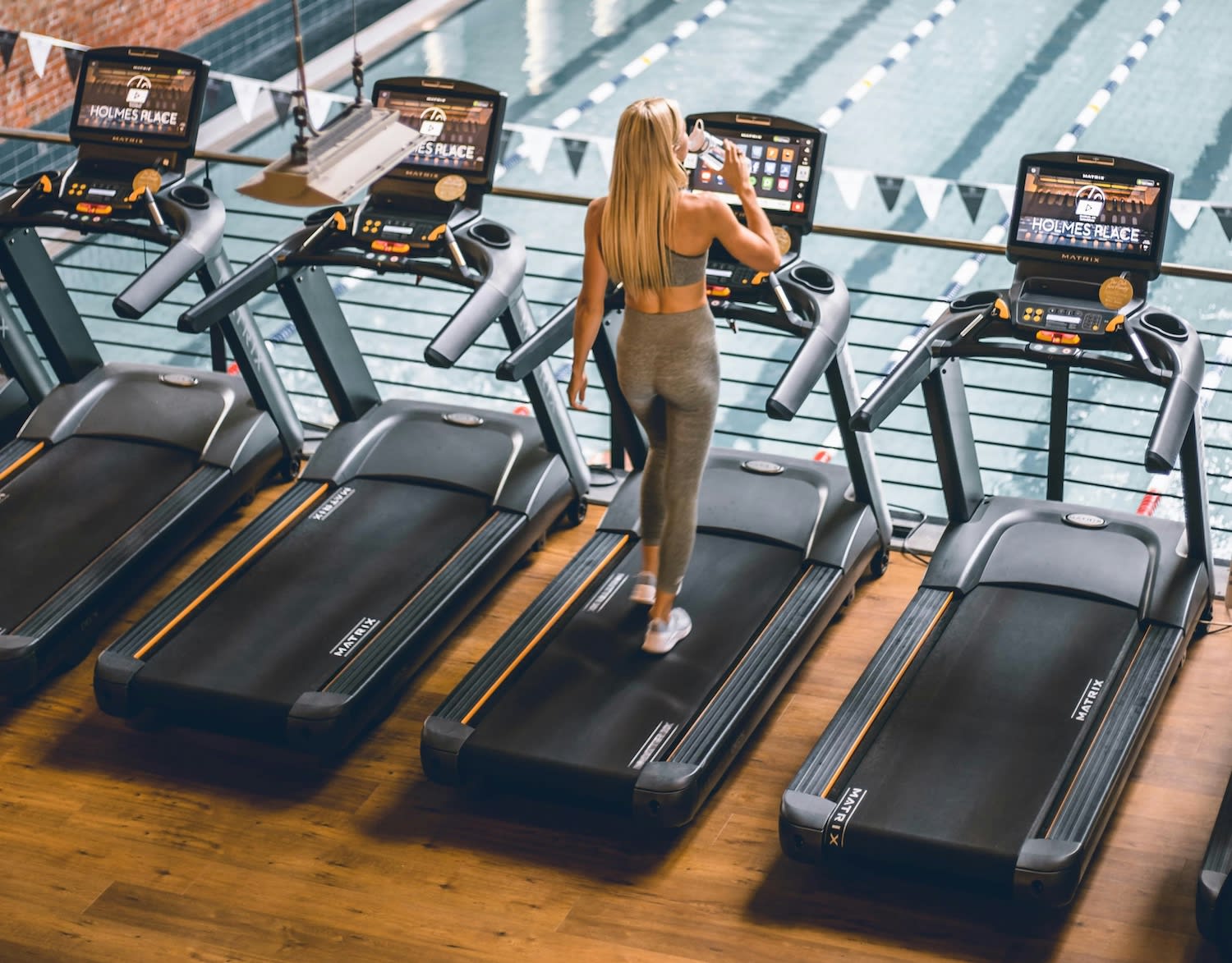Mastering Post-Run Recovery
Running offers incredible physical and mental benefits. It’s a great way to stay fit, relieve stress, and boost your overall health. However, one crucial aspect many runners overlook is proper post-run recovery. Investing time and effort into recovery isn’t just beneficial; it’s essential for sustained progress and injury prevention.
In this article, we’ll explore various effective recovery strategies and introduce useful tools from RunReps to optimise your running performance.
Why Post-Run Recovery Matters
After every run, your body experiences stress that requires deliberate recovery strategies to heal properly. Here’s why recovery deserves your attention:
- Muscle Repair: Running, especially longer or intense sessions, creates tiny muscle fibre tears. Recovery periods allow muscles to repair, adapt, and ultimately strengthen.
- Energy Restoration: Your body’s glycogen stores—its primary energy source during runs—need replenishing to fuel future workouts effectively.
- Injury Prevention: Proper recovery significantly reduces injury risks by ensuring your body has adequate time to adapt and strengthen.
- Mental Rejuvenation: Recovery also provides essential mental downtime, reducing burnout and maintaining your motivation to run consistently.
Essential Post-Run Recovery Techniques
Cool Down Effectively
Immediately after your run, ease into a gradual cool-down by walking or jogging lightly for 5–10 minutes. A gentle cool-down brings your heart rate down safely, flushes metabolic waste, and reduces muscle stiffness.
Stretch and Improve Flexibility
Post-run stretching can prevent muscle tightness and improve overall flexibility. Hold static stretches for 15–30 seconds, targeting key muscle groups like hamstrings, quadriceps, calves, and hip flexors. Additionally, regularly assessing your running posture through the Running Form Assessment tool helps ensure you’re running efficiently and reducing strain on muscles.
Prioritise Hydration
Hydration plays a vital role in recovery. Replace fluids lost during your run immediately afterward, and for longer sessions, replenish electrolytes with sports drinks or electrolyte tablets to restore essential minerals.
Optimise Nutrition

Eating within 30–60 minutes post-run is crucial for recovery. Aim for snacks or meals combining carbohydrates (for glycogen replenishment) and protein (for muscle repair). Nutritious options include Greek yogurt with berries, a smoothie with protein powder, or peanut butter on whole-grain toast.
Foam Rolling and Massage
Foam rolling helps relieve muscle tightness, improves circulation, and accelerates recovery. Focus particularly on tight spots in your calves, quads, hamstrings, and glutes. Regular use can dramatically reduce soreness and enhance overall muscle recovery.
Quality Rest and Sleep
Never underestimate sleep as your primary recovery method. Aim for 7–9 hours of quality sleep per night, and ensure your training schedule incorporates dedicated rest days. During these days, utilise tools like the Training Load Estimator to help balance your weekly running intensity and rest appropriately.
Active Recovery and Cross-Training
On rest days, gentle cross-training activities such as cycling, swimming, or yoga promote circulation without placing excessive stress on your running muscles. Exploring different run/walk strategies using the Run/Walk Ratio Optimiser can also help balance recovery with maintaining fitness during lighter training days.
Advanced Recovery Tools from RunReps

Enhancing your recovery isn’t just about physical rest; technology and targeted tools can make a significant difference. Here are additional RunReps tools designed specifically to support your recovery and optimise your training:
Pace to Heart Rate Zone Calculator
Using the Pace to Heart Rate Zone Calculator, you can precisely determine ideal training intensities for recovery runs, ensuring your active recovery days truly support muscle rejuvenation rather than stress.
Negative Split Calculator
Practicing negative splits—running the second half of your run faster than the first—helps manage fatigue and boosts your recovery capabilities. The Negative Split Calculator guides you on ideal pacing strategies for more effective training and recovery.
Altitude Adjustment Calculator
If you’re training or racing at altitude, your recovery needs change significantly due to reduced oxygen levels. The Altitude Adjustment Calculator will help you adapt your recovery strategies accordingly, ensuring optimal performance and healing.
Treadmill Incline Pace Calculator
For treadmill runners, recovery intensity can vary greatly based on incline. The Treadmill Incline Pace Calculator allows you to set an ideal incline and pace combination that facilitates recovery without unnecessary stress.

Best Practices to Enhance Your Recovery Routine
Beyond specific techniques, integrating these best practices will further improve your recovery outcomes:
- Listen to Your Body: Pay attention to signs of fatigue, unusual soreness, or decreased performance, and adjust your recovery strategies accordingly.
- Consistency Matters: Regularly apply recovery methods to ensure maximum benefit and long-term progress.
- Variety and Adaptation: Mix up your routines with different methods, nutrition options, and cross-training exercises to keep recovery effective and enjoyable.
- Track Your Progress: Maintain a training log that includes recovery methods used and their effectiveness. This can help fine-tune your personalised recovery approach over time.
Mastering post-run recovery isn’t just beneficial—it’s fundamental to running success. By combining these essential recovery techniques with targeted RunReps tools, you can optimise your physical and mental performance, reduce injury risk, and enhance your overall running experience.
Remember, effective running isn’t just about the miles you log; it’s equally about the intentional recovery practices that keep you moving forward healthily and happily.
